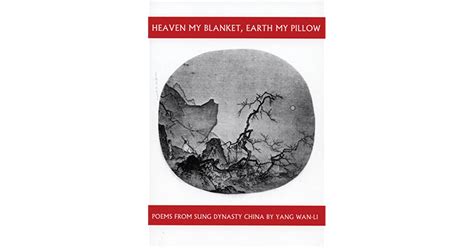A Quote by Octavio Paz
Two opposing forces inhabit the poem: one of elevation or up-rooting, which pulls the word from the language: the other of gravity, which makes it return. The poem is an original and unique creation, but it is also reading and recitation: participation. The poet creates it; the people, by recitation, re-create it. Poet and reader are two moments of a single reality.
Related Quotes
Another trouble with poetry - and I'm gonna stop the list at two - is the presence of presumptuousness in poetry, the sense you get in a poem that the poet takes for granted an interest on the reader's part in the poet's autobiographical life, in the poet's memories, problems, difficulties and even minor perceptions.
I know that in a poem, even when the speaker is speaking from the poet's experience, there's always something that's borrowed, some authority that sits outside of the poet that the poem has claimed. There's a dramatic pitch that makes the speaker capable of saying something more courageous or stranger or simply other than what the poet would be able to say.
One demands two things of a poem. Firstly, it must be a well-made verbal object that does honor to the language in which it is written. Secondly, it must say something significant about a reality common to us all, but perceived from a unique perspective. What the poet says has never been said before, but, once he has said it, his readers recognize its validity for themselves.
I just think that the world of workshops - I've written a poem that is a parody of workshop talk, I've written a poem that is a kind of parody of a garrulous poet at a poetry reading who spends an inordinate amount of time explaining the poem before reading it, I've written a number of satirical poems about other poets.
I want each poem to be ambiguous enough that its meaning can shift, depending on the reader's own frame of reference, and depending on the reader's mood. That's why negative capability matters; if the poet stops short of fully controlling each poem's meaning, the reader can make the poem his or her own.
I find myself absolutely fulfilled when I have written a poem, when I'm writing one. Having written one, then you fall away very rapidly from having been a poet to becoming a sort of poet in rest, which isn't the same thing at all. But I think the actual experience of writing a poem is a magnificent one.
A successful poem says what a poet wants to say, and more, with particular finality. The remarks he makes about his poems are incidental when the poem is good, or embarrassing or absurd when it is bad and he is not permitted to say how the good poem is good, and may never know how the bad poem is bad. It is better to write about other people's poetry.
You can publish a poem you think is a very important poem, and you don't hear a word from anyone. [...] You can publish a book of poetry by dropping it off a cliff and waiting to hear an echo. Quite often, you'll never hear a thing. So doing that, using older work, puts it in a context, and that sort of forces the reader to realize what its importance is-if it has any. Everything needs a context. You're not going to recognize a poet unless you have a context.





































